Dhaka, the capital city of Bangladesh, has been ranked second on the list of cities with the worst air quality worldwide. At 9:10 am on Tuesday, the Air Quality Index (AQI) in Dhaka recorded a score of 195, classifying the air as "unhealthy" and posing serious health risks to residents. The cities of Delhi in India and Lahore in Pakistan claimed the first and third spots on this list, with AQI scores of 273 and 189, respectively.
Read: "Air Pollution" Fourth place in the world
The AQI serves as a tool for reporting daily air quality, offering insights into how clean or polluted the air of a particular city is and the associated health effects that may be a concern. In Bangladesh, the AQI is based on the measurement of five pollutants: particulate matter (PM10 and PM2.5), nitrogen dioxide (NO2), carbon monoxide (CO), sulfur dioxide (SO2), and ozone.
Read: Intensifying Winter Strains Bangladesh's Crop Production, Sparks Disease Outbreaks
The AQI value indicates the level of particle pollution in the air. When the AQI value falls between 101 and 150, the air quality is considered "unhealthy for sensitive groups." A range of 150 to 200 is classified as "unhealthy," while 201 to 300 is categorized as "very unhealthy." Any reading above 301 is deemed "hazardous," signifying significant health risks for residents.
Read: AQI Reaches 176, Posing Health Risks
According to WHO, air pollution is responsible for an estimated seven million deaths worldwide each year. The increased mortality is primarily attributed to stroke, heart disease, chronic obstructive pulmonary disease, lung cancer, and acute respiratory infections.
Read: UNDP and DoE Launch Climate Elasticity Project
Dhaka has long been grappling with air pollution problems, typically experiencing deteriorating air quality during winter and some improvement during the monsoon season. This issue has persisted, and the city continues to face challenges in combating air pollution effectively.



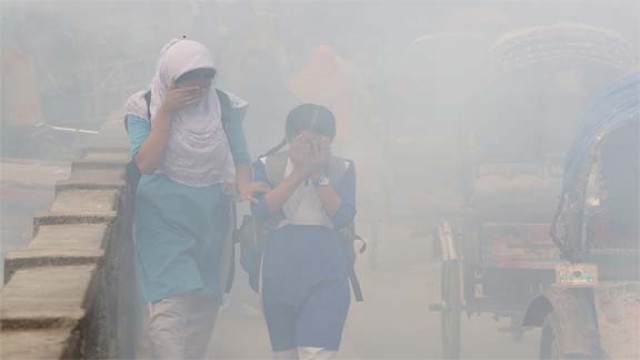







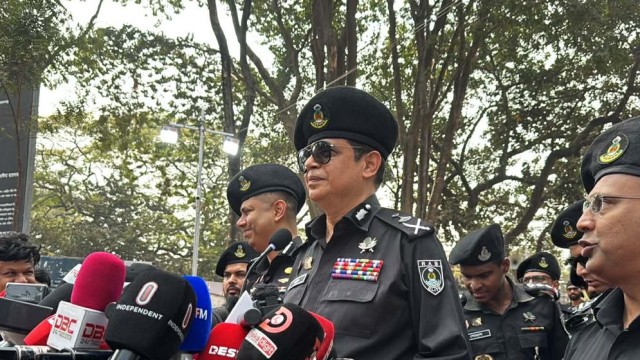

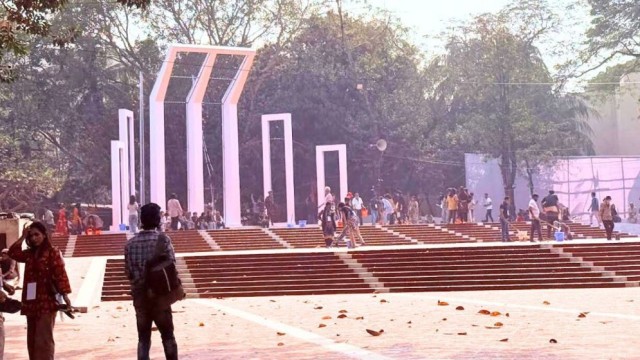



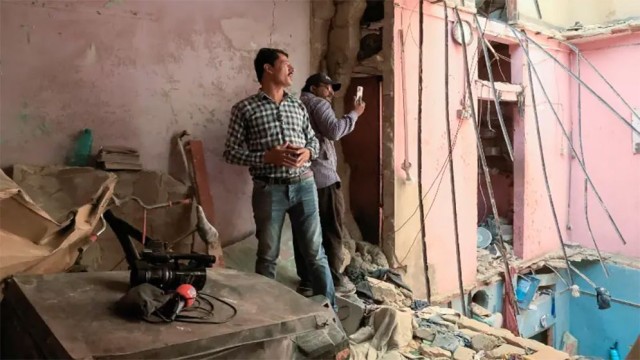

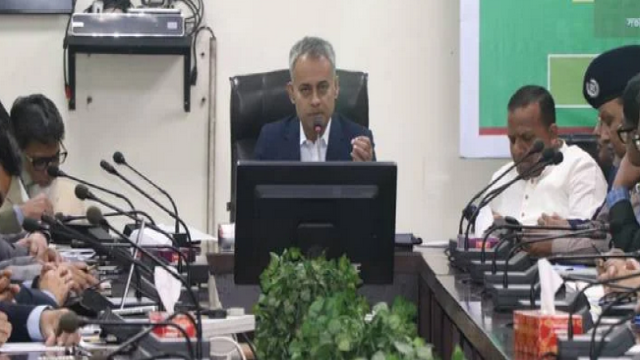











Comment: